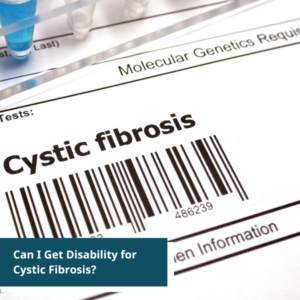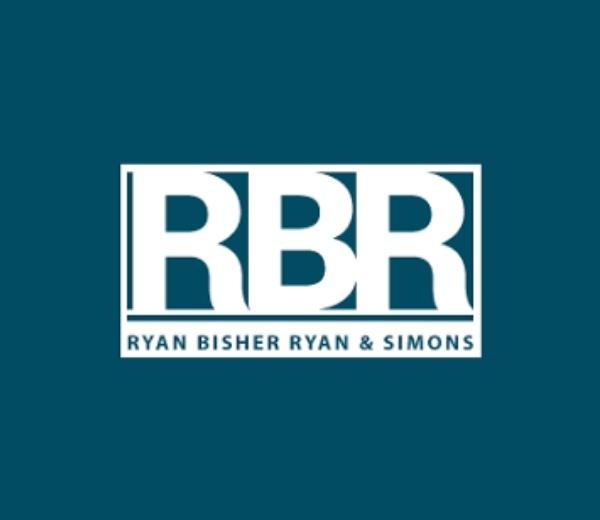
Tens of thousands of people in the U.S. have cystic fibrosis (CF), a genetic condition that can lead to various complications and secondary health conditions. For some people with cystic fibrosis, the symptoms and complications they experience may become severe enough to make it difficult or impossible to work. But is CF a disability that can qualify you for financial assistance from the Social Security Administration’s disability benefits programs?
What Is Cystic Fibrosis?
Cystic fibrosis is a genetic disorder that can lead to issues with respiration and digestion. The condition can cause people to develop thick, sticky mucus that causes problems like:
- Blocking airways and damaging lung tissues, leading to respiratory failure or respiratory disorders
- Trapping germs and increasing the risk of viral and bacterial lung infections
- Preventing proteins critical to digestion from reaching the intestines, which impairs the body’s ability to absorb nutrients from food, potentially requiring chest tube placement
CF can also increase a person’s risk of developing other health conditions, such as diabetes, arthritis, acid reflux/GERD, hypersplenism, and osteoporosis.
Qualifying for Disability Benefits with Cystic Fibrosis
Is cystic fibrosis a disability?
Sometimes, the symptoms and complications caused by cystic fibrosis may leave a person unable to work. For example, CF can cause severe respiratory damage or prevent adequate digestion, leaving a person too fatigued to work for extended periods. Other conditions caused by CF may also lead to physical limitations that prevent a person from working, such as arthritis or osteoporosis. A person’s medical documentation and testimony from treating providers can demonstrate that their cystic fibrosis causes symptoms and limitations so severe that they cannot do past jobs they’ve held or other work that exists in the national economy.
SSDI vs. SSI with Cystic Fibrosis
The Social Security Administration operates two disability benefits programs: Social Security Disability Insurance (SSDI) and Supplemental Security Income (SSI). SSDI provides disability benefits to workers who become unable to continue in gainful employment due to a disability. Qualifying for SSDI requires applicants to have a sufficient number of work credits that reflect an adequate work history and payment of Social Security taxes. SSI provides benefits to low-income individuals who have a disability that prevents them from working. Qualifying for SSI requires applicants to meet specific monthly income and asset thresholds.
How Do I Apply for Cystic Fibrosis Disability Benefits?
A person who cannot work due to complications or other health conditions caused by cystic fibrosis can apply for Social Security disability benefits online or by calling the Social Security Administration’s toll-free number to schedule an appointment to complete an application over the phone or in person at a local SSA office. An SSD application will require you to provide information about your work history (if applying for SSDI) or your current financial situation (if applying for SSI), as well as medical documentation regarding your condition and how it prevents you from working.
Get Help with Disability Benefits for Cystic Fibrosis from Ryan Bisher Ryan and Simons
If you’ve received a cystic fibrosis diagnosis, you may qualify for Social Security disability benefits if your condition prevents you from working. Contact Ryan Bisher Ryan and Simons today for a free, no-obligation consultation with an SSD attorney to learn more about obtaining SSDI or SSI for cystic fibrosis.


